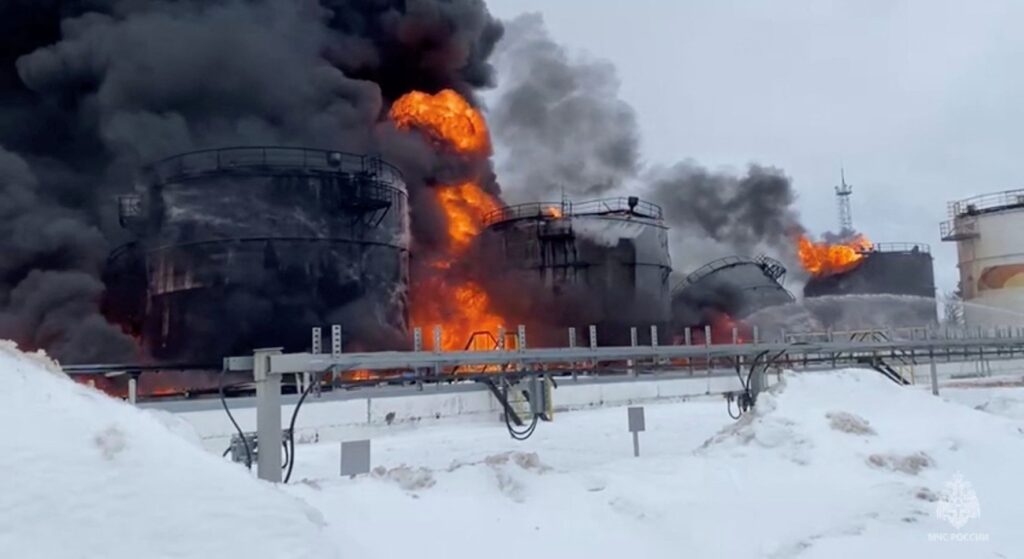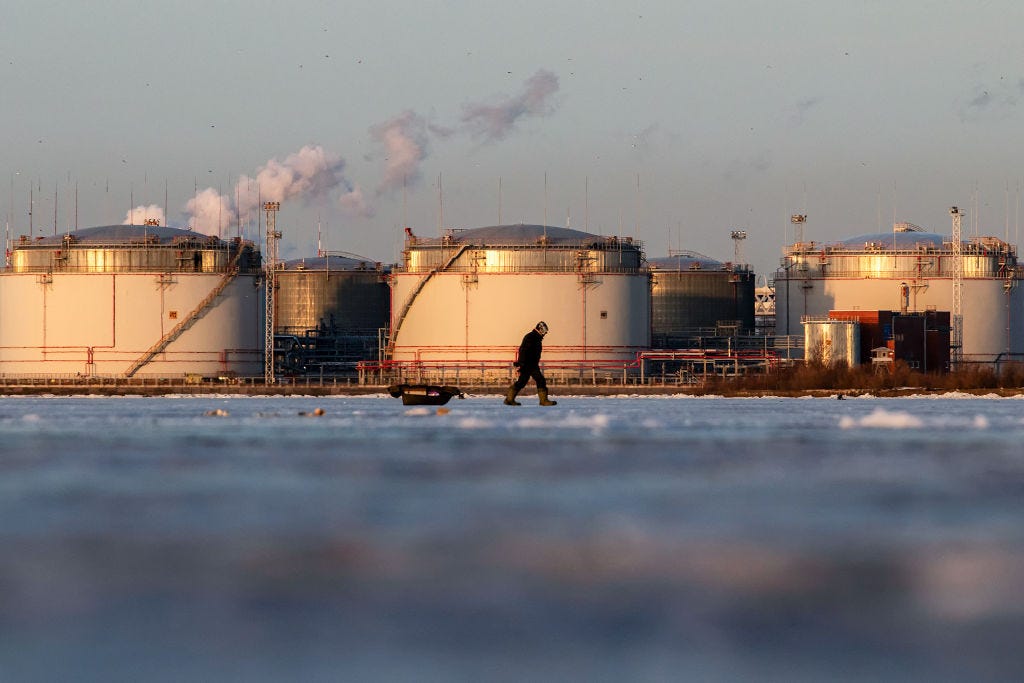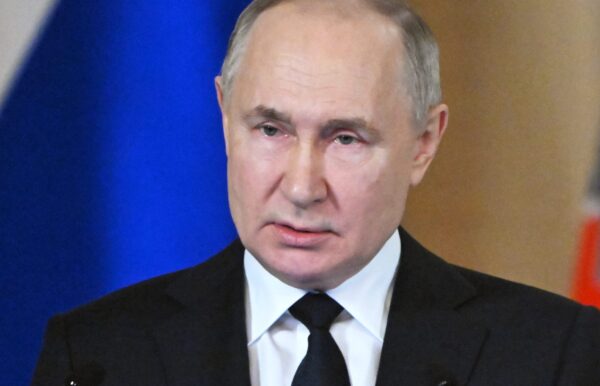- Russia's oil and gas revenue is set to surge despite Ukraine's attacks on energy infrastructure.
- Revenue from oil and gas is a key way Russia funds its war in Ukraine.
- Russia says it has successfully rerouted oil supplies and limited the effects of Western sanctions.
Russia's oil and gas revenue for April is expected to soar by roughly double year on year despite increased Ukrainian attacks on energy infrastructure, a Reuters report said.
The news agency projected Russian oil and gas revenue for the month to come in at 1.292 trillion rubles, which is around $14 billion, up from 648 billion rubles, or roughly $7 billion.
Reuters said it made the calculations using "data from industry sources and official statistics on oil and gas production, refining and supplies on domestic and international markets."
The April data is expected to be published by the Russian Finance Ministry in early May, per the report.
Revenue from oil and gas is a key way in which Russia funds its war in Ukraine, and the significant year-on-year rise highlights the difficulty Western countries have had in attempting to impose effective sanctions on its economy.
The West has taken a number of steps to try to limit Russia's income from energy.
Measures have included the US and the UK banning Russian oil and gas, the EU prohibiting the maritime import of Russian crude, and G7 leaders agreeing to set a price cap on Russian crude oil at $60 per barrel.
But Russia says it has largely managed to circumnavigate these moves.
In December last year, Russian Deputy Prime Minister Alexander Novak said almost all of Russia's oil exports in 2023 had been shipped to China and India, adding that the European share of crude exports had fallen from around 40-45% to just 4-5%.
"The main partners in the current situation are China, whose share has grown to approximately 45-50%, and, of course, India...Earlier, there basically were no supplies to India; in two years, the total share of supplies to India has come to 40%," Novak said.
"As for those restrictions and embargoes on supplies to Europe and the U.S. that were introduced... this only accelerated the process of reorienting our energy flows," he added.
The news comes despite increasing Ukrainian strikes on Russian energy infrastructure.

Earlier this week, a Ukrainian intelligence source told Reuters that Ukraine's security service (SBU) had carried out drone strikes on two Rosneft-owned oil depots in Russia's Smolensk region.
The source noted that the SBU was continuing to target "logistics that provide fuel to the Russian army in Ukraine."
"These facilities are and will remain our absolutely legitimate targets," they said.
Despite Russia's strong April revenue projections, it seems Ukraine's strikes are having some success.
Bloomberg reported this week that Russia's oil refining was at an 11-month low because of flooding and Ukraine's drone campaign.
Between April 11-17, Russia processed 5.22 million barrels of crude oil a day, Bloomberg reported, citing a person with knowledge of the industry data.
The report said that that was 10,000 barrels a day below the average of the seven days prior.










